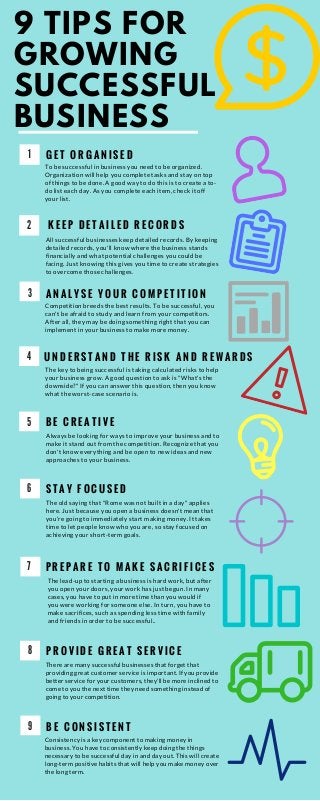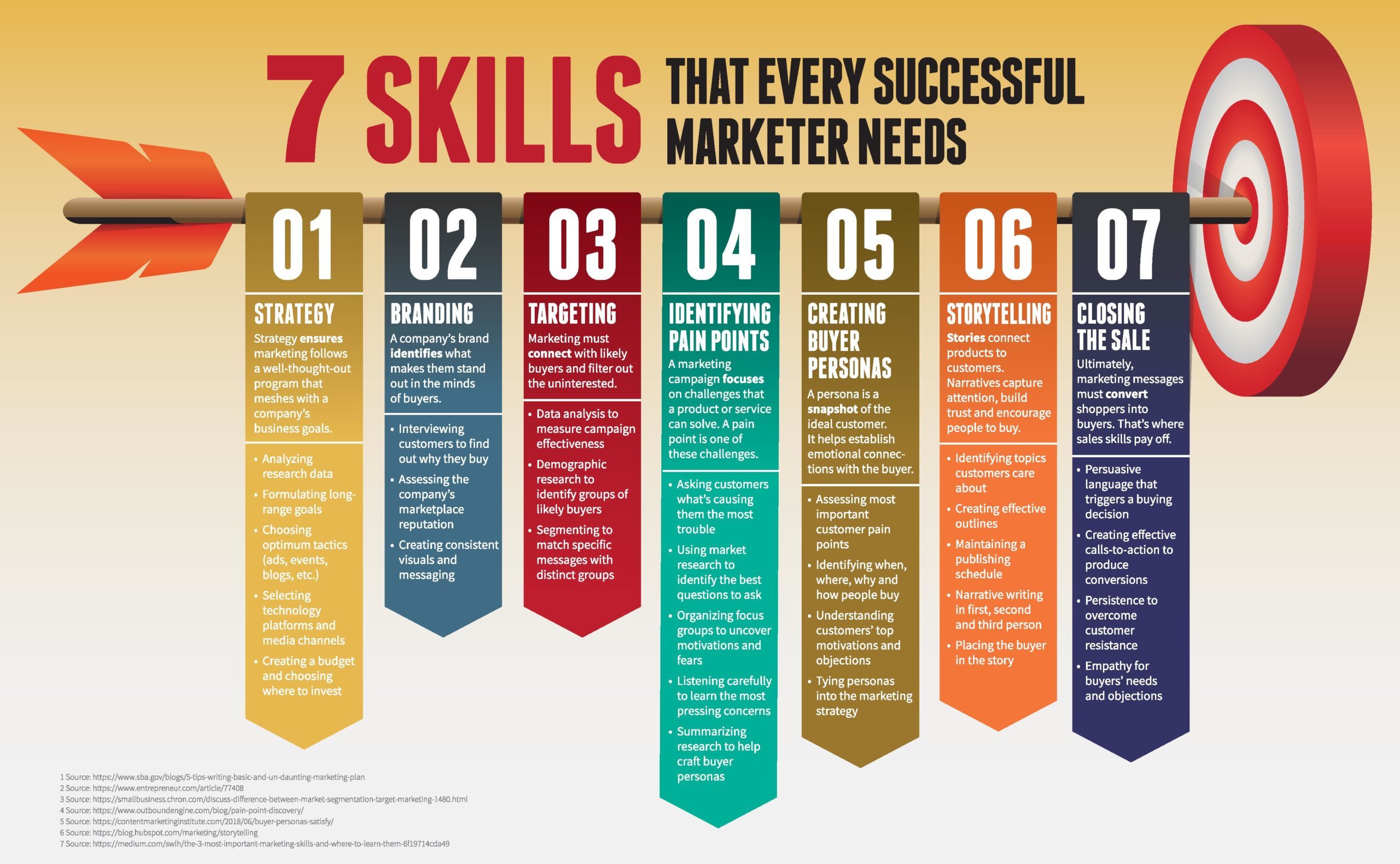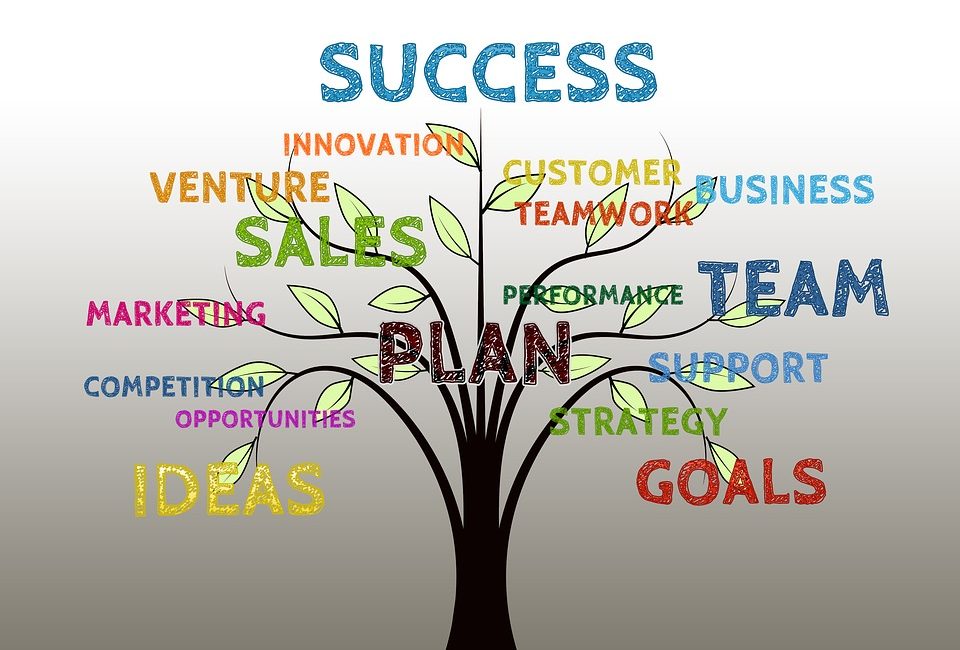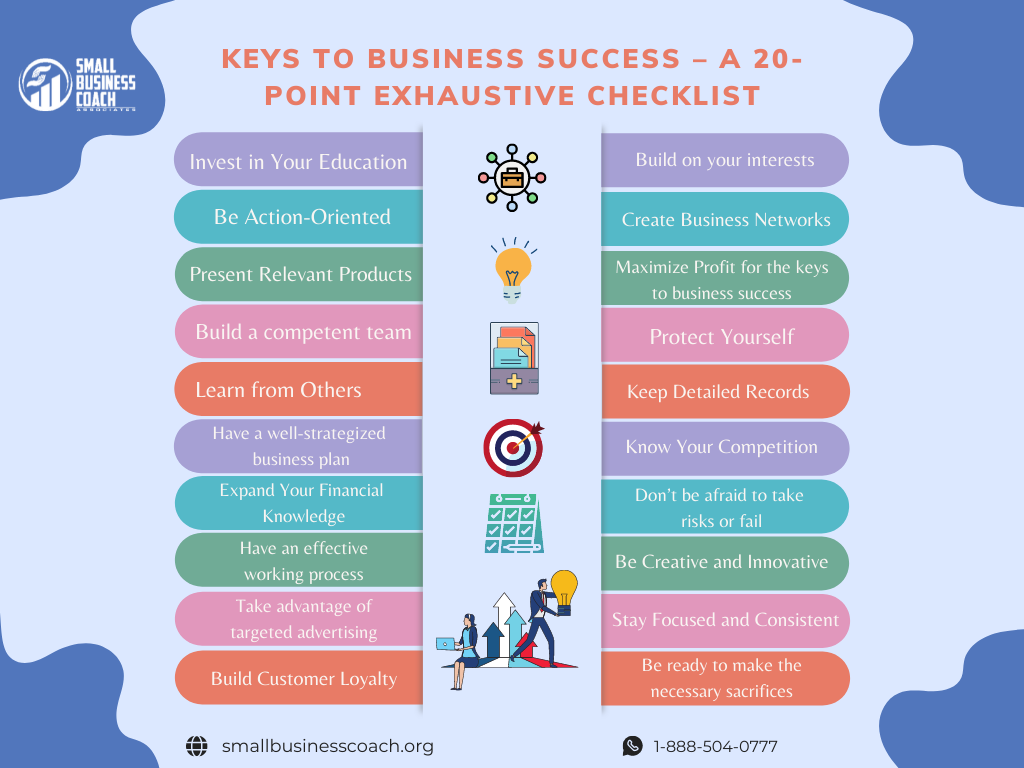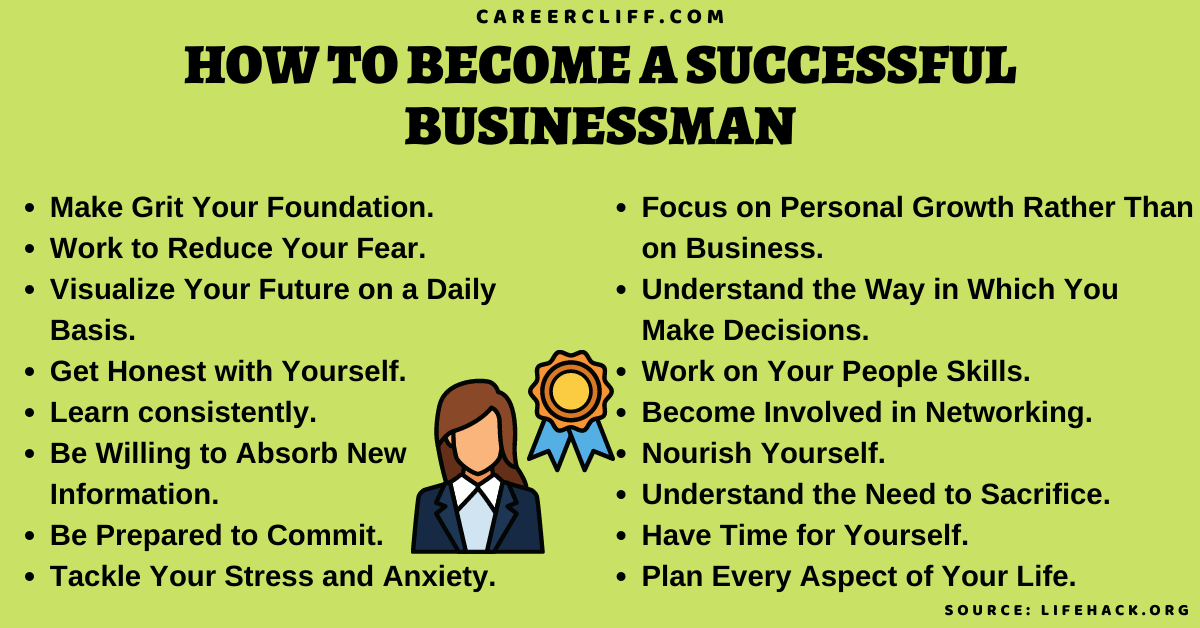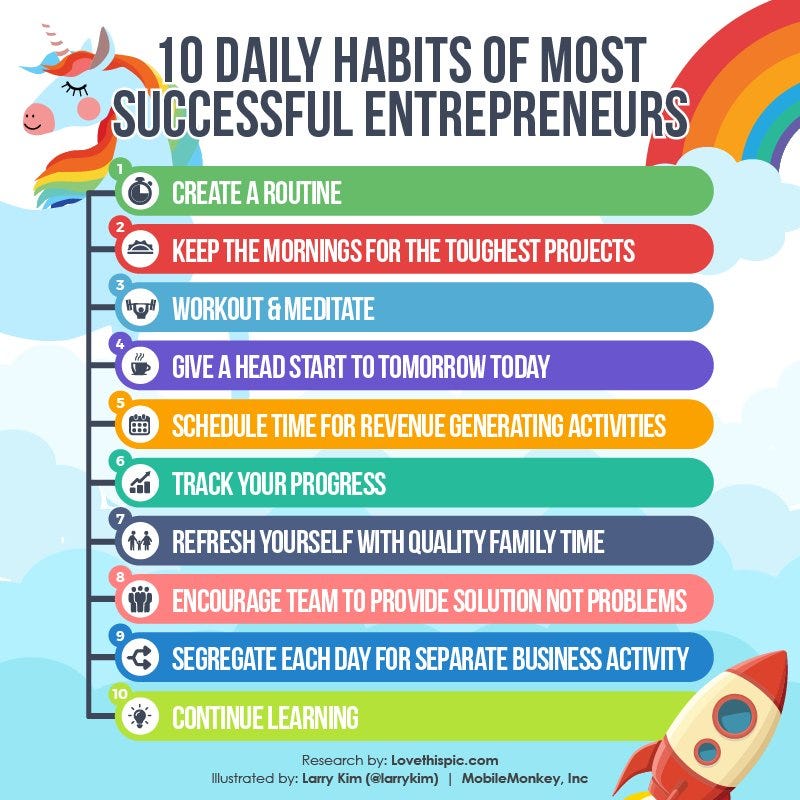What Does A Business Need To Be Successful

In an era defined by rapid technological advancements, shifting consumer preferences, and unprecedented global interconnectedness, the path to business success has become increasingly complex and challenging. The graveyard of failed ventures serves as a stark reminder: launching a successful business requires more than just a brilliant idea. It demands a potent blend of strategic planning, astute execution, and a relentless commitment to adapting to an ever-changing landscape.
At its core, business success hinges on a multifaceted approach that encompasses a clear understanding of the market, a strong value proposition, robust financial management, a talented and motivated team, and a customer-centric mindset. This article delves into these critical elements, drawing upon insights from industry experts and empirical data, to provide a comprehensive overview of what businesses need to thrive in today's competitive environment.
Understanding the Market and Crafting a Value Proposition
A fundamental prerequisite for business success is a deep understanding of the target market. This involves identifying the specific needs, pain points, and desires of potential customers. Market research, including surveys, focus groups, and competitive analysis, is essential for gathering this information.
Once a clear understanding of the market is established, businesses must develop a compelling value proposition. This defines the unique benefits and value that the business offers to its customers, differentiating it from competitors. A strong value proposition clearly articulates why customers should choose this business over others.
As Peter Drucker, the renowned management consultant, famously stated, "The purpose of a business is to create and keep a customer." This underscores the importance of aligning the value proposition with the needs and expectations of the target market.
Financial Acumen and Sustainable Growth
Effective financial management is the lifeblood of any successful business. This includes developing a realistic business plan with detailed financial projections, securing adequate funding, and managing cash flow effectively. Cash flow management is especially critical, as many businesses fail due to running out of cash, even when profitable.
Furthermore, businesses must adopt sustainable growth strategies that prioritize profitability and long-term value creation. This involves investing in research and development, expanding into new markets, and continuously improving operational efficiency. Sustainable growth ensures that the business can withstand economic downturns and adapt to changing market conditions.
According to data from the Small Business Administration (SBA), lack of financial planning and inadequate funding are among the leading causes of small business failure. This highlights the critical importance of financial literacy and prudent financial management.
Building a Talented and Motivated Team
A business is only as strong as its team. Attracting, retaining, and motivating talented employees is essential for achieving sustainable success. This involves creating a positive work environment, providing opportunities for professional development, and offering competitive compensation and benefits.
Effective leadership is also crucial for building a high-performing team. Leaders must be able to inspire and motivate their employees, foster collaboration, and provide clear direction. A strong company culture that values innovation, teamwork, and customer service can significantly enhance employee engagement and productivity.
"Talent wins games, but teamwork and intelligence win championships," – Michael Jordan.This quote aptly illustrates the importance of building a cohesive and motivated team that works together towards a common goal.
Customer-Centricity and Continuous Improvement
In today's customer-driven market, businesses must prioritize customer satisfaction and build strong relationships with their customers. This involves providing excellent customer service, actively soliciting feedback, and continuously improving products and services based on customer needs.
Customer relationship management (CRM) systems can be invaluable tools for managing customer interactions and gathering valuable insights. Businesses must also be adaptable and embrace innovation to stay ahead of the competition. This involves constantly monitoring industry trends, exploring new technologies, and being willing to experiment and learn from mistakes.
A focus on continuous improvement, through methodologies like Lean and Six Sigma, can help businesses optimize processes, reduce costs, and enhance customer value. By embracing a culture of learning and adaptation, businesses can position themselves for long-term success.
Looking Ahead: Navigating the Future of Business
The business landscape is constantly evolving, driven by technological advancements, globalization, and changing consumer expectations. Businesses that can adapt to these changes and embrace innovation will be best positioned for success in the future. This includes investing in digital transformation, building a strong online presence, and leveraging data analytics to gain insights into customer behavior.
Furthermore, businesses must prioritize sustainability and social responsibility to meet the growing expectations of consumers and stakeholders. This involves adopting environmentally friendly practices, promoting diversity and inclusion, and supporting local communities. By embracing a holistic approach to business, companies can create long-term value for their shareholders, employees, and society as a whole.
Ultimately, the key to business success lies in a combination of strategic planning, effective execution, and a relentless focus on customer needs. By understanding the market, building a strong team, managing finances prudently, and embracing innovation, businesses can navigate the challenges and opportunities of the modern business environment and achieve sustainable growth.


